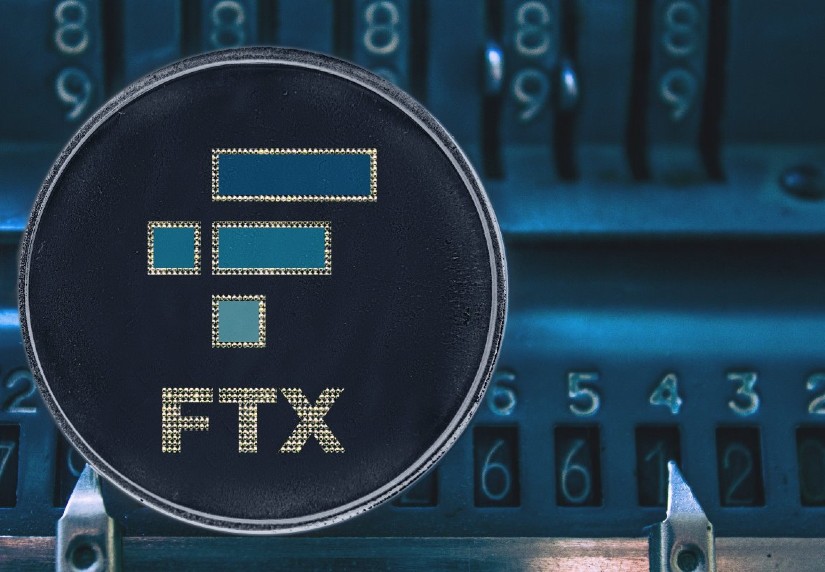The news of the downfall of the FTX exchange has sent shocked investors and key industry players in the blockchain industry.
Despite claims of illegal customer asset management and an ongoing investigation by the U.S SEC, a news report from Reuters suggests that Sam Bankman-Fried’s bailout funds to his trading firm, Alameda Research, may be the root of FTX’s liquidity problem.
Alameda Research reportedly suffered a spate of trade losses in the months of May and June, say people familiar with its activities. Two of the people stated that the loss included a $500 million loan given to the failed crypto lender, Voyager. FTX’s U.S. division later bought $1.4 billion of Voyager’s assets when they filed for bankruptcy.
Bankman-Fried later sent at least $4 billion in FTX money which includes customers deposits, secured by assets like FTT and shares in trading platform Robinhood Markets Inc., in an effort to support Alameda, which had close to $15 billion in assets, according to the sources. In May of that year, Alameda revealed their 7.6% ownership in Robinhood.
Bankman-Fried never disclosed any of his dealings regarding Alameda Research with other FTX executives. However, a report by CoinDesk revealed a leaked balance sheet that supposedly showed a large portion of Alameda’s $14.6 billion assets held in FTT.

Following his announcement that Binance is no longer interested in purchasing FTX, Binance CEO Changpeng Zhao tweeted that transparency is a crucial asset in the blockchain sector. He added that as legal frameworks are developed and the corporate sector continues to move toward greater decentralization, the ecosystem will get more resilient.
As regulatory frameworks are developed and as the industry continues to evolve toward greater decentralization, the ecosystem will grow stronger.
— Binance (@binance) November 9, 2022
Beyond FTX, Other Embattled Crypto Companies
While the FTX exchange is currently facing liquidity challenges which may bring its downfall if not properly handled, it is not the only crypto enterprise facing issues in its operations.
CoinFlex, a cryptocurrency exchange, announced in August that it has filed for reorganization in a Seychelles court to address a shortfall brought on by a counterparty’s failure to make a margin call.
CoinFlex halted withdrawals in June when the counterparty, whom it identified as cryptocurrency investor Roger Ver, failed to pay a margin call. But Ver, however, argued that he had not allowed a loan to CoinFlex to go into default.
CoinFlex has made a number of changes to save costs despite the choppy market for cryptocurrencies. According to reports, CoinFLEX has resolved to reduce costs by 60%, but the financial results are still unsatisfactory.


